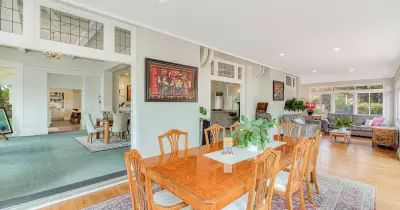
The South Australian government and opposition are poised to reject crucial legislation that would provide renters with basic rights to energy-efficient homes, despite mounting pressure from housing advocates and major energy providers.
Bill Faces Wednesday Showdown
On Wednesday, November 11, 2025, parliament will vote on proposed legislation that aims to establish minimum standards for rental properties across South Australia. The bill specifically addresses fundamental issues like proper door sealing and basic energy efficiency measures that many renters currently lack.
Both the government and opposition parties have indicated they will vote against the proposed changes, setting up a dramatic parliamentary confrontation with housing advocates who argue the reforms are long overdue.
Strong Support from Housing and Energy Sectors
Bernie Barrett, CEO of Better Renting SA, is leading the charge to save the legislation, backed by significant industry support including SA Power Networks. The coalition of supporters represents a powerful voice calling for immediate action on rental property standards.
Better Renting SA has been at the forefront of advocating for improved living conditions for tenants, arguing that basic energy efficiency isn't just about comfort but represents a fundamental right for all residents.
What's at Stake for Renters
The rejected legislation would have empowered tenants to request basic improvements such as properly sealed doors and windows, which campaigners say are essential for maintaining comfortable temperatures and reducing energy costs.
Without these basic protections, many South Australian renters face another winter of draughty homes and skyrocketing heating bills, while summer brings equally challenging conditions with inadequate cooling efficiency.
The timing is particularly crucial as energy prices continue to rise across the state, placing additional financial pressure on households already struggling with cost of living increases.
Advocates warn that rejecting this bill represents a missed opportunity to address both housing quality and energy affordability in one comprehensive legislative package.





